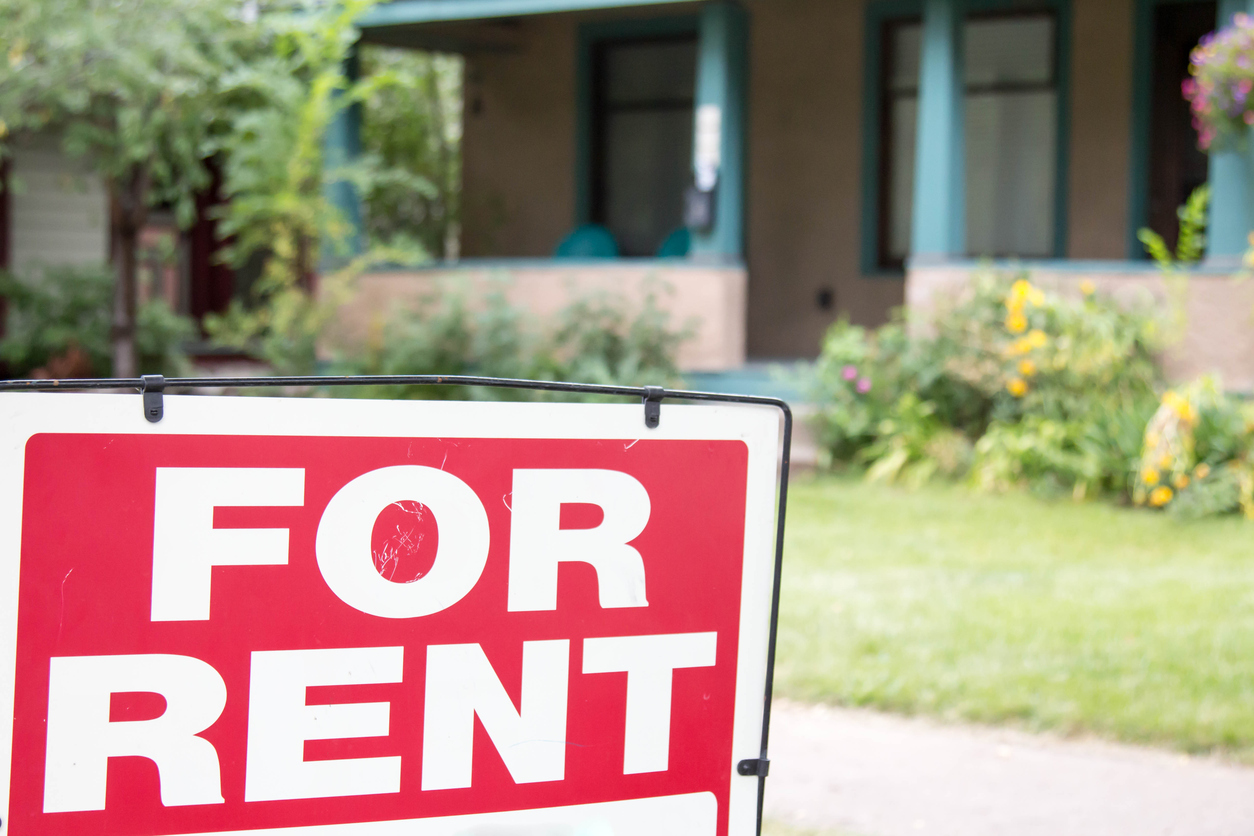POOR PEOPLE PROBLEMS …
With homeownership in the United States continuing to hover at all-time lows, it should come as no surprise that millions of Americans who would otherwise be realizing the “American Dream” are instead having to pay increasingly exorbitant rents.
Because they simply can’t afford a downpayment on a home …
Homeownership was 63.7 percent during the second quarter of 2017, according to data released by the U.S. Census Bureau. That’s up a modest 0.1 percent from last month – and up 0.8 percent from the all-time low recorded during the second quarter of last year.
Good news? Not really …
Like labor participation, this metric remains mired at historic lows – although there was a modest uptick in homeownership among Americans aged thirty-five years and younger. This group saw its rate climb by 1 percent during the second quarter of this year – rising from 34.3 percent to 35.3 percent. Of course back in 2004 young American homeownership stood at 43.6 percent so … let’s not get carried away.
Not surprisingly, the dearth of qualified homebuyers continues to send rental rates skyrocketing (one of the crueler twists of our government-manipulated market). The median asking rent soared to $910 – a 7.4 percent year-over-year increase.
In California, rents in large cities are off the charts – $3,450 per month for a one-bedroom apartment in San Francisco, $2,390 per month in San Jose and $2,100 per month in Los Angeles. In New York, median rent for a one-bedroom apartment is $2,950 per month, while in Washington, D.C. it is $2,210 per month.
Scary stuff …
In our home state of South Carolina, median gross rent is just under $800 – although that figure would likely be much lower if the Palmetto State didn’t impose an elevated property tax rate on non-owner occupied homes. Owner-occupied homes in South Carolina (i.e. people’s primary residences) are taxed at a four percent rate, while non-owner occupied homes (i.e. rental properties) are taxed at a six percent rate.
We believe eliminating this discrepancy would be helpful. At the very least, homeowners who can prove they passed savings onto their renters should be allowed to claim some sort of credit against the higher tax rate.
Surely that would work, right?
After all, tangibly reducing housing costs seems to us a far more judicious use of revenue than sending it to a government which continues to produce abysmal outcomes – economically, fiscally, educationally and with regards to infrastructure, public safety and other core functions of government.
***
WANNA SOUND OFF?
Got something you’d like to say in response to one of our stories? In addition to our always lively comments section (below), please feel free to submit your own guest column or letter to the editor via-email HERE or via our tip-line HERE …
Banner via iStock
